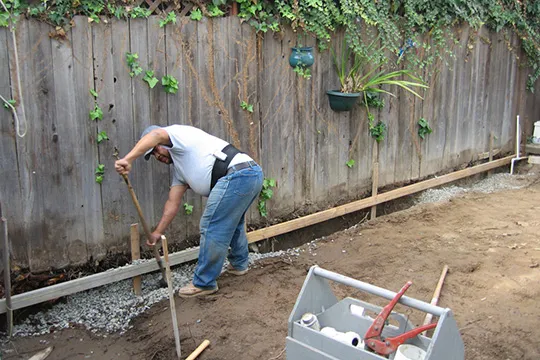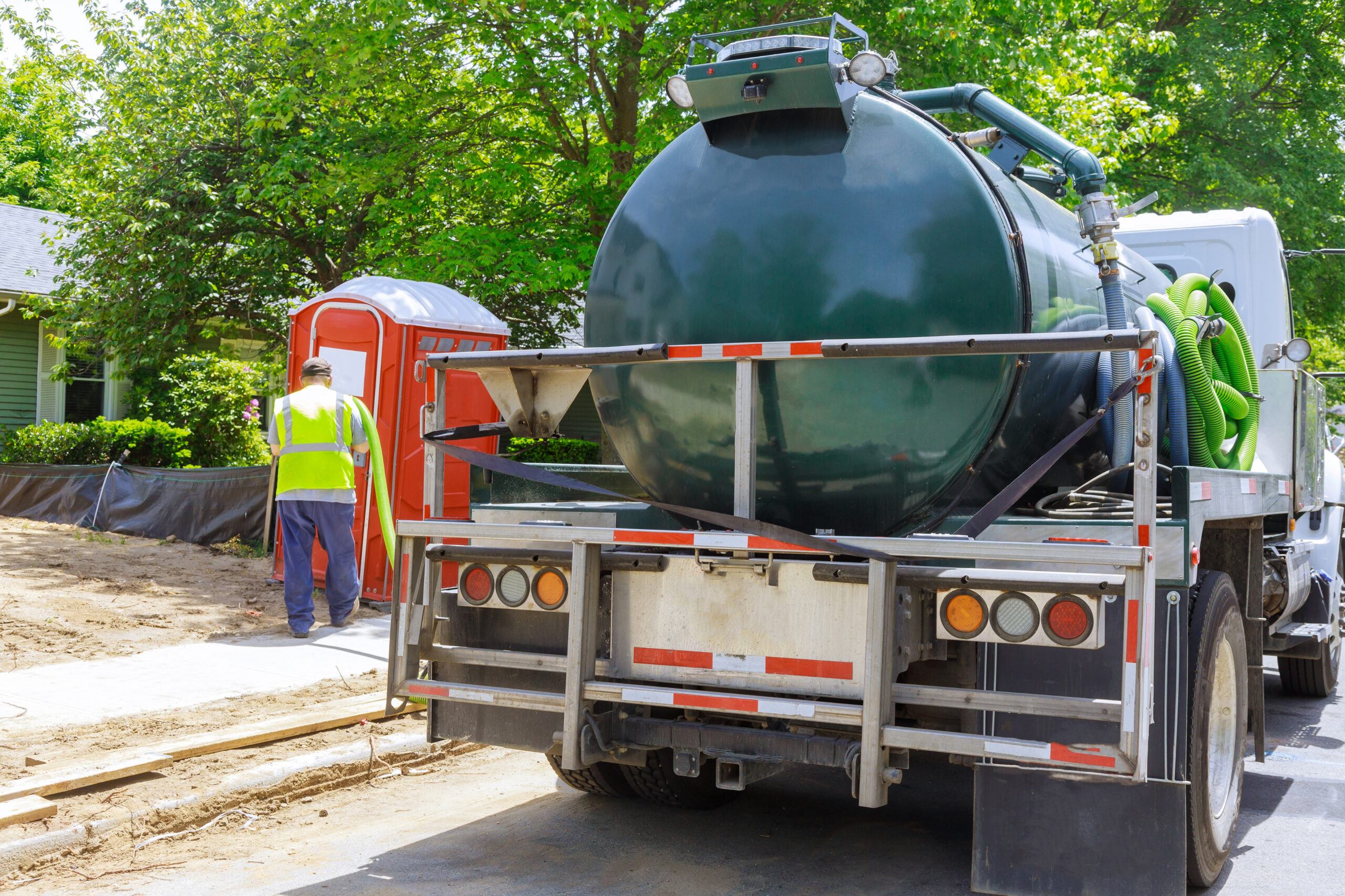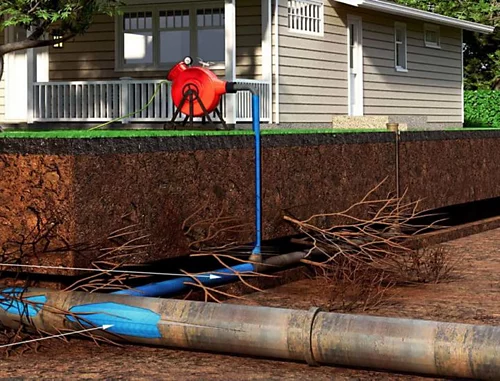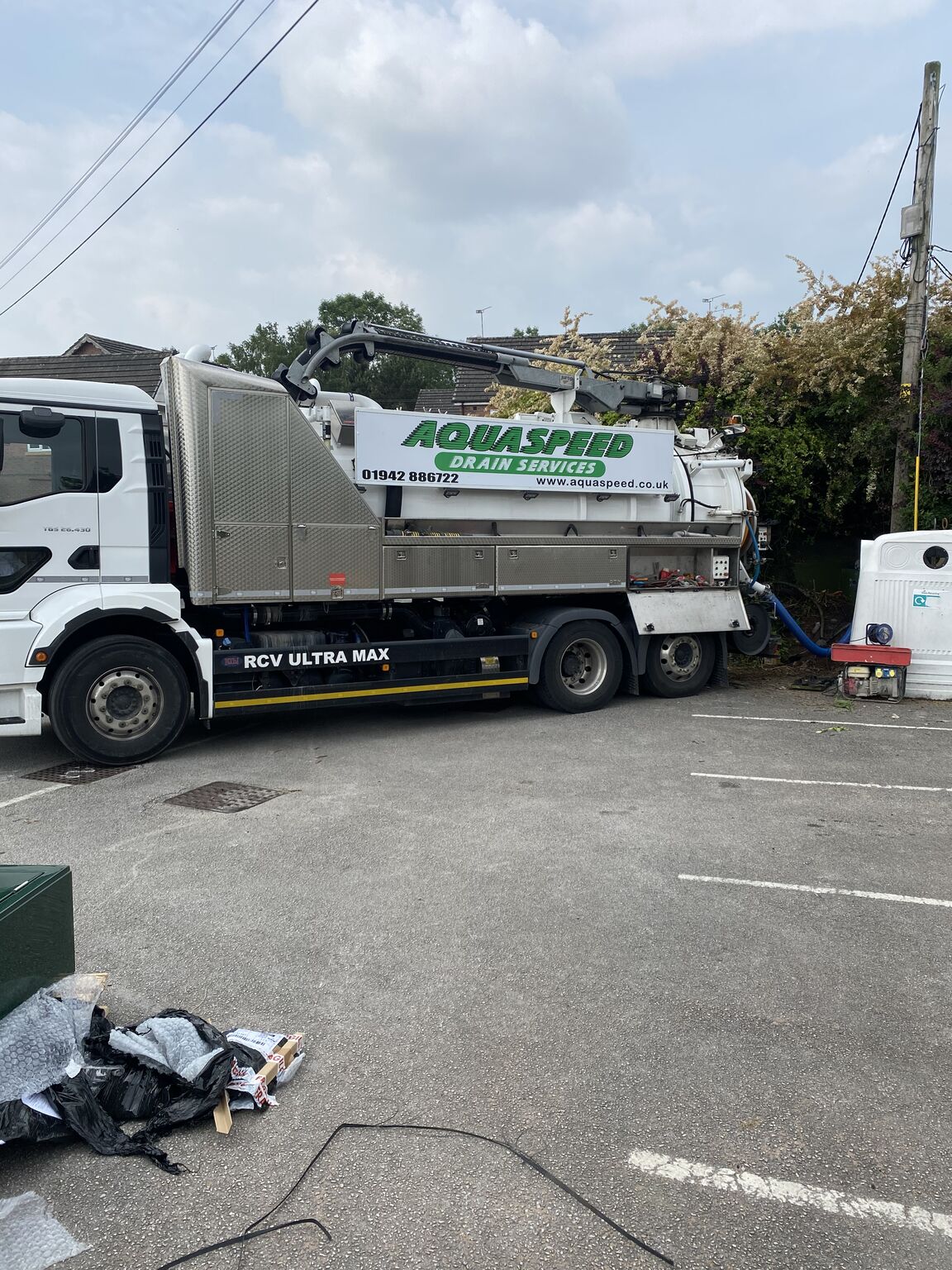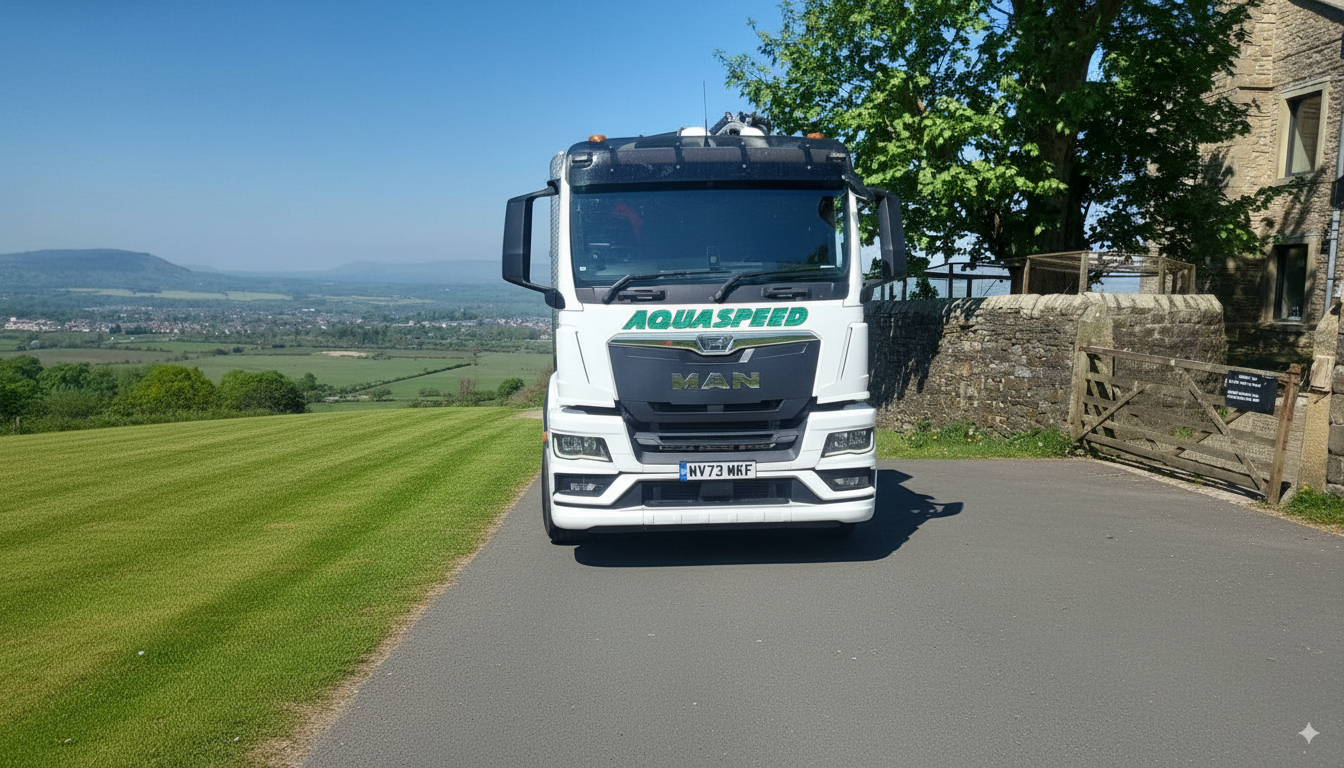
Common Causes of Blocked Drains and How to Prevent Them
Aquaspeed
Blocked drains are one of the most frustrating household problems. Understanding what causes blockages and how to prevent them can save you time, money, and the inconvenience of emergency callouts.
The Main Culprits Behind Blocked Drains
Fat, Oil and Grease (FOG)
The number one cause of domestic drain blockages. Many people don't realise that:
- Liquid fats solidify as they cool in your pipes
- Even small amounts accumulate over time
- Washing-up liquid doesn't prevent fat build-up
- FOG combines with other debris to create solid blockages
- "Fatbergs" can form in main sewers, affecting entire streets
Prevention: Never pour cooking oil, fat, or grease down the sink. Allow it to cool and dispose of it in your general waste bin.
Hair Accumulation
Hair is a major problem in bathroom drains, particularly in showers and baths:
- Combines with soap scum to form dense clumps
- Wraps around pipe interiors reducing diameter
- Traps other debris creating compound blockages
- Slow to decompose naturally
Prevention: Use drain guards or hair catchers in all bathroom drains. Clean them regularly and dispose of collected hair in the bin.
Soap and Toiletry Build-up
Traditional bar soaps contain fats that bond with minerals in water:
- Creates soap scum deposits on pipe walls
- Combines with hair and dirt
- Particularly problematic in hard water areas
- Shampoos and conditioners contribute to residue
Prevention: Switch to soap-free washes where possible. Flush drains weekly with hot water to help prevent build-up.
Foreign Objects and Sanitary Products
Items that should never enter your drainage system include:
- Wet wipes (even those labelled "flushable")
- Cotton buds and cotton wool
- Sanitary towels and tampons
- Nappies and baby wipes
- Condoms
- Dental floss
- Contact lenses
- Cigarette butts
Prevention: Install bins in all bathrooms. Only flush the three P's: pee, poo, and paper (toilet paper).
Food Waste
Kitchen sinks aren't designed to handle food debris:
- Coffee grounds clump together
- Eggshells create abrasive sediment
- Rice and pasta expand when wet
- Fruit and vegetable peelings don't break down
- Tea leaves accumulate over time
Prevention: Use sink strainers to catch food particles. Scrape plates into the bin before washing. Consider composting suitable food waste.
Tree Root Ingress
A growing problem in Liverpool's older properties:
- Roots seek out moisture in drainage pipes
- Enter through tiny cracks or joints
- Rapidly expand once inside pipes
- Can cause complete pipe collapse
- Particularly affects clay and ceramic pipes
Prevention: Be mindful when planting trees near drainage runs. Schedule regular CCTV surveys if you have mature trees on your property.
Collapsed or Damaged Pipes
Structural problems cause blockages and worsen over time:
- Age-related deterioration
- Ground movement and subsidence
- Heavy traffic over pipes
- Poor installation or repairs
- Freeze-thaw damage in winter
Prevention: Regular professional inspections can identify problems before they become emergencies.
Signs Your Drain is Becoming Blocked
Early intervention prevents complete blockages. Watch for:
- Slow drainage: Water taking longer to clear from sinks, baths, or showers
- Gurgling sounds: Air trapped by partial blockages
- Bad smells: Decomposing matter or stagnant water
- Water backing up: Appearing in unexpected places when using other fixtures
- Raised water levels: Toilets filling higher than normal
- Multiple affected fixtures: Several drains showing symptoms simultaneously
DIY Prevention: Simple Maintenance Tips
Protect your drains with these regular practices:
Weekly:
- Pour boiling water down kitchen and bathroom drains
- Clean visible drain covers and remove debris
- Check under sinks for leaks
Monthly:
- Use a natural drain cleaner (bicarbonate of soda and vinegar)
- Clean drain guards and hair catchers thoroughly
- Inspect external drains and gullies
Quarterly:
- Check outdoor drainage grates are clear
- Trim vegetation near drainage access points
- Flush little-used drains with water
When to Call a Professional
Some situations require expert intervention:
- Recurring blockages: The same drain blocking repeatedly
- Multiple drains affected: Suggests a main drain problem
- Complete blockage: Water not draining at all
- Foul water backing up: Sewage appearing in your property
- Visible damage: Cracks, leaks, or collapsed access points
- Bad odors persisting: Even after cleaning
- Preventive surveys: Before property purchase or construction work
Professional Solutions We Provide
Our expert team offers comprehensive drainage services:
High-Pressure Jetting: Industrial-strength water jets clear stubborn blockages, including FOG build-up and root intrusion.
Electro-Mechanical Cleaning: Specialised equipment for tough blockages that jetting alone can't resolve.
CCTV Drain Surveys: Identify the exact cause and location of problems without excavation.
Root Removal: Professional cutting equipment for tree root problems, with advice on preventing recurrence.
Drain Repairs: From relining to full replacement of damaged sections.
Preventive Maintenance: Regular service contracts to keep your drains flowing freely.
The Cost of Ignoring Blocked Drains
Delaying professional help often leads to:
- More expensive emergency callouts
- Extensive water damage to your property
- Health hazards from sewage exposure
- Damage to neighbouring properties
- Insurance claim complications
- Structural damage to foundations
Liverpool's Specific Drainage Challenges
Liverpool properties face unique issues:
- Victorian-era drainage systems with ageing pipes
- Clay soil causing ground movement
- Hard water contributing to scale and soap scum
- Mature trees in established neighbourhoods
- Combined sewer systems prone to overload
Our local knowledge means we understand these challenges and provide solutions tailored to Liverpool properties.
Keep your drains flowing freely. Call Aquaspeed Liverpool on 0800 019 0073 for professional drain clearance, or to book a preventive maintenance visit. Available 24/7 for emergencies.

